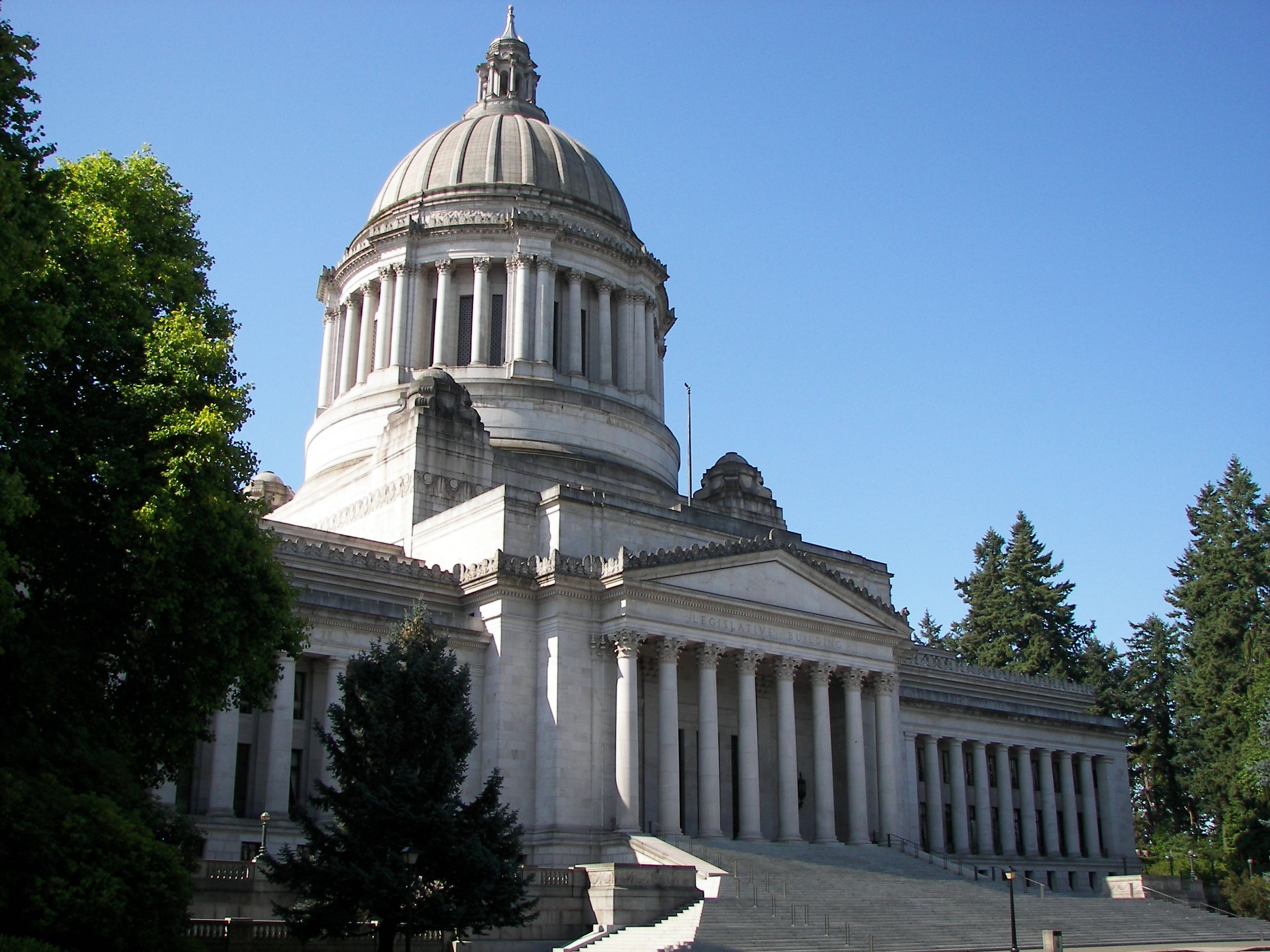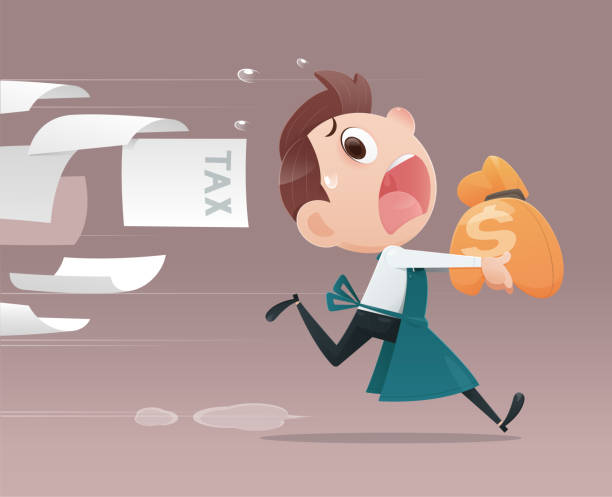Shhh. Be vewy, vewy quiet, the Attorney General is hunting capital gains income tax wabbits. These particular tax rabbits are so dangerous, the AG is warning the state Supreme Court to not fall down their holes. The following is from the Attorney General’s recent response to WPC’s capital gains income tax amicus brief:
“The Court, however, need not follow WPC down their ‘other jurisdictions’ rabbit hole.”
So, what exactly will the justices see if they follow our decade-long path of research? The fact that every tax jurisdiction in the country, from the IRS to every other state, says a capital gains tax is an income tax and not an excise tax.
Give the Attorney General credit for consistently trying to stop the courts from considering these capital gains income tax facts. During the hearing at trial court, the AG filed a motion to strike from the court record the indisputable facts we provided that every tax jurisdiction in the world calls a capital gains tax an income tax, a fact even the AG now acknowledges as you will see.
In the trial court ruling declaring the capital gains income tax unconstitutional, however, the Inslee-appointed judge said:
“In Paragraph 5 Mr. Mercier testifies that while some states responded that they did not tax capital gains at all, no state that was surveyed taxed capital gains through an excise or in any way other than through an income tax. This Court deems Paragraph 5 to be admissible expert testimony under ER 702…”
Curiously, later in the AG’s recent brief responding to the amicus opposing the capital gains income tax, he takes the court down the very “‘other jurisdictions’ rabbit hole” he told them to avoid (emphasis added):
“In addition to their misguided legal arguments, opposing amici offer various policy arguments against the capital gains tax, claiming it will hurt business owners or drive wealthy individuals out of the state. See, e.g., AWB Am. Br. at 10-14; BIAW Am. Br. at 4-5. They also decry the fact that Washington imposes a stand-alone excise tax on the sale of long-term capital gains, while most states and the federal government tax these gains as part of their broad-based income tax systems.”
It is good to see the state finally acknowledge that every other state and the federal government taxes capital gains as an income tax.
Meanwhile, responding to the various amicus asking the court to uphold the capital gains income tax, the brief filed by plaintiffs said:
“The arguments in the amicus briefs supporting the State are heavy on social policy and light on constitutional law. Amici articulate several policy reasons why some may choose to support the capital gains tax and speculate as to its potential effects. But Amici largely sidestep the legal question before the Court: whether the tax is constitutional under Amendment 14 and this Court’s precedents. The answer to that question is a simple no. The capital gains tax is transparently a property tax, and Amici’s efforts to portray it as an ‘excise tax’ only highlight the way in which it operates to tax income as property . . .
Washington voters have a long history of considering the policy arguments that Amici now advocate, particularly those related to regressivity, in the context of proposed constitutional amendments and popular initiatives to allow an income tax. Yet voters have rejected these proposals by large margins over many years. As noted in the Clayton Respondents’ brief, the voters on six occasions have declined to adopt proposed constitutional amendments that would have allowed income taxation free from the constitution’s uniformity provision. Each time, the proposed amendment was voted down resoundingly. See H.R.J. Res. 37 (Wash. 1973) (rejected 77%-23%); H.R.J. Res. 42 (Wash. 1970) (rejected 68%-32%); H.R.J. Res. 4 (Wash. 1942) (rejected 66%- 34%); S.J. Res. 5 (Wash. 1938) (rejected 67%-33%); S.J. Res. 7 (Wash. 1936) (rejected 78%-22%); H.R.J. Res. 11 (Wash. 1934) (rejected 57%-43%).
And the voters rejected ballot initiatives that would have imposed statewide graduated income taxes on four other occasions, with similarly resounding margins. See Initiative 158 (Wash. 1944) (3% tax on gross income) (rejected 70%-30%); Initiative 314 (Wash. 1975) (corporate excise tax measured by income) (rejected 67%-33%); Initiative 435 (Wash. 1982) (corporate franchise tax measured by income) (rejected 66%-34%); Initiative 1098 (Wash. 2010) (personal income tax rejected 64%-36%). Whether Washington should permit capital gains taxation in light of the pros and cons of such a policy has been and should remain a matter for the voters and is an issue to be resolved through the constitutional amendment process.”
The only scwewy wabbit in this debate is the claim that a tax on capital gains income is an “excise tax” rather than an income tax.
The state Supreme Court will hear oral arguments on the capital gains income tax on January 26, 2023.
Additional Information
Capital gains income tax webinar with Rob McKenna
WPC played important role in capital gains income tax being ruled unconstitutional
Summary of capital gains income tax amicus briefs
Former IRS attorney “dumbfounded” by Washington’s capital gains income tax arguments
UW Tax Law Professor on new capital gains income tax: “It’s going to be found unconstitutional”
Capital gains income tax quotes – who said it?






